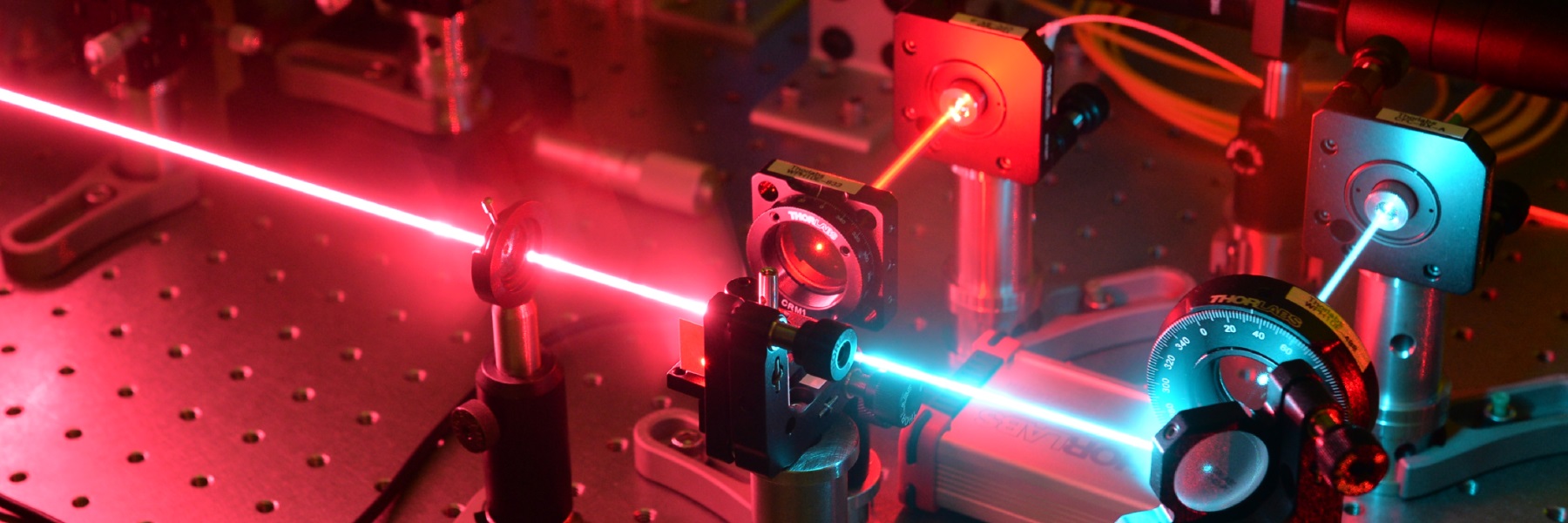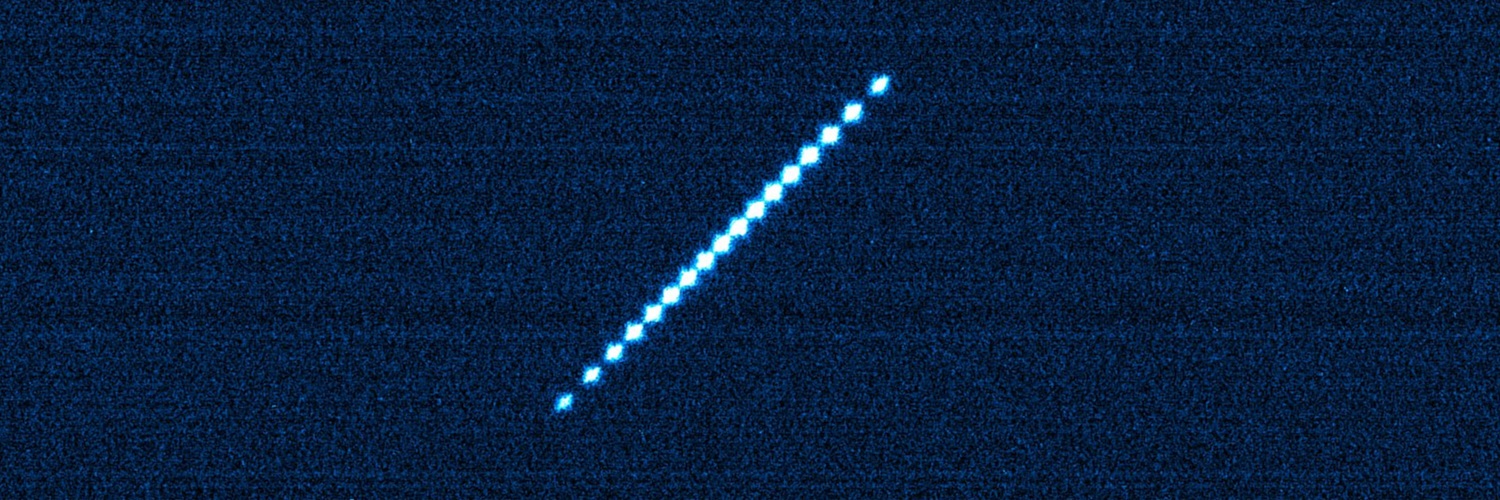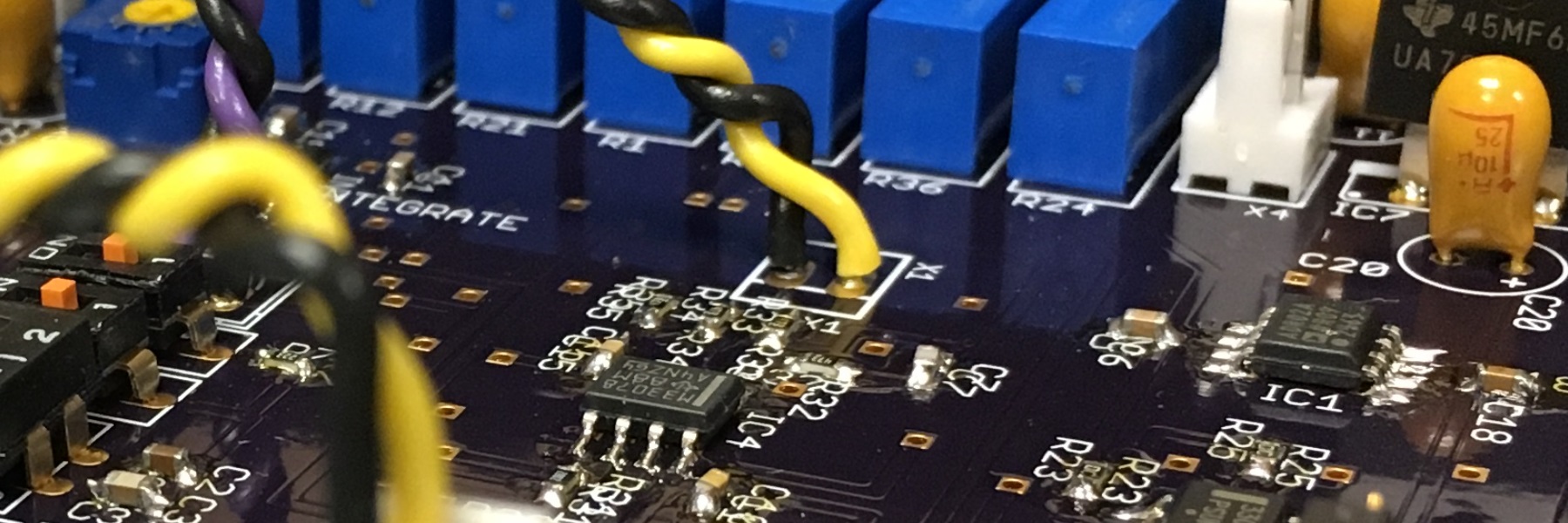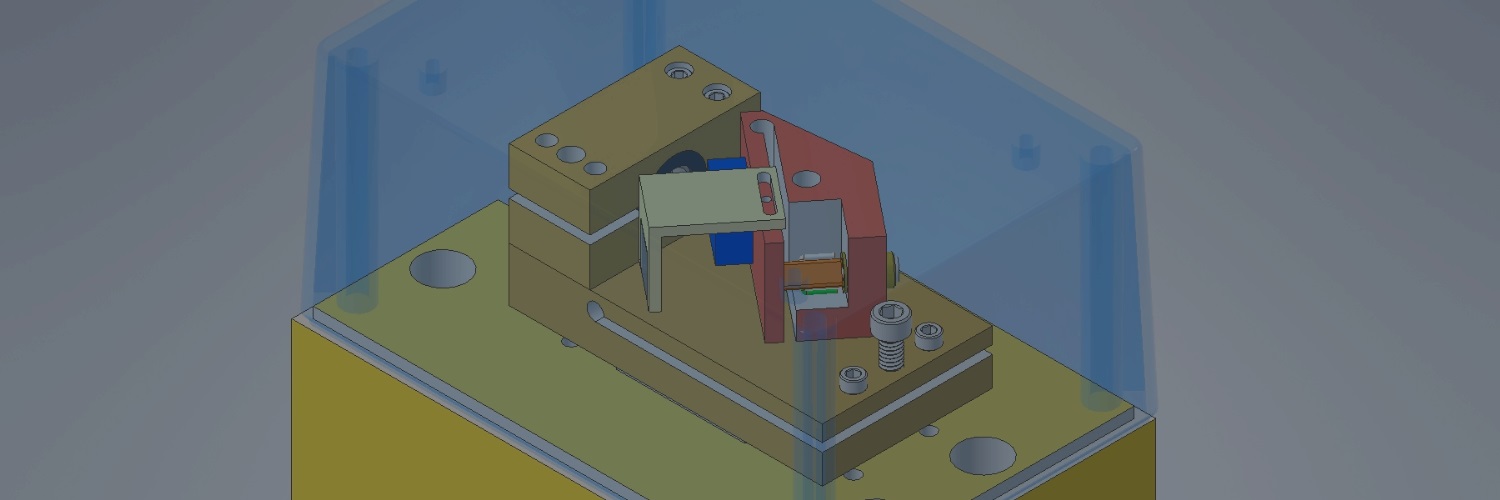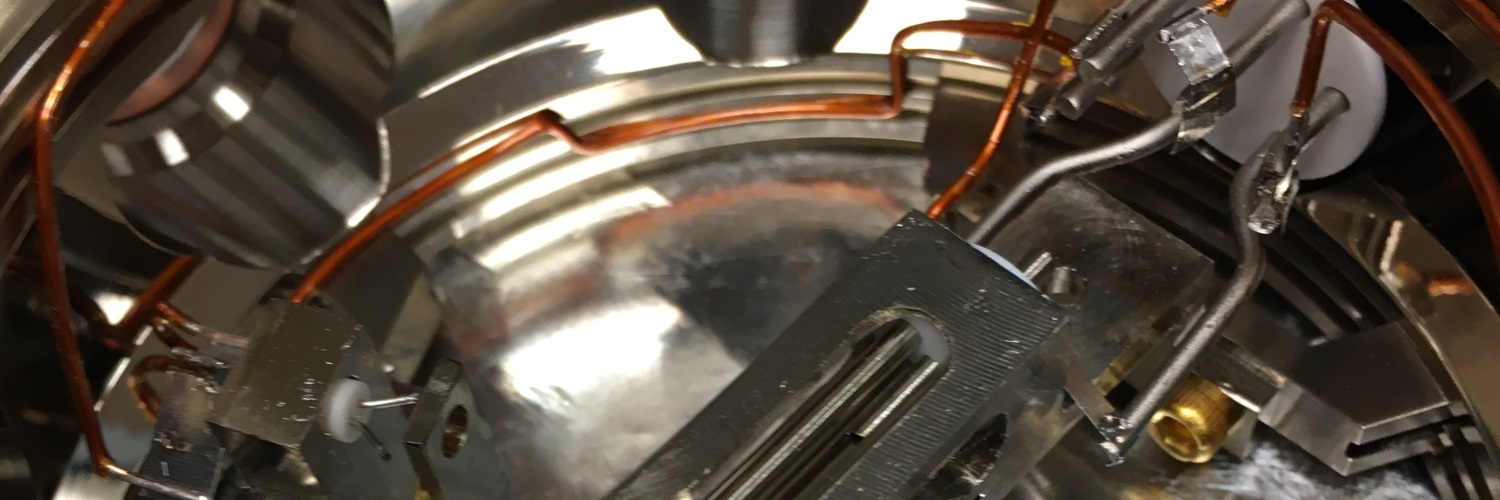Decoherence and Measurement
Summary
Decoherence is a fundamental property of all quantum systems, is an ever-present source of error in quantum processing implementations, and helps bridge the realms of quantum and classical physics. We are studying decoherence in atomic and photonic systems, ways to migtigate its effects, and its connection to other fundamental processes in quantum physics, such as measurement.
Background
Decoherence and measurement are related processes, as both may be used to describe the interaction of a quantum system with some external source. Decoherence helps to explain the transition between the superposition states afforded by quantum mechanics and the statistical ensembles found in the classical realm. Of course, even when measurements are made of a system that has not decohered through interaction with the environment, we only measure eigenstates of the interrogated system -- we do not measure superpositions. As a result, the process and role of measurement in quantum physics has long been a point of contention. Research in quantum information -- and other areas utilizing precise control of individual quantum systems -- is allowing further investigation into the physics of decoherence and measurement.
Focus
We are interested in performing experiments that explore the connection between decoherence and measurement. We will use the exquisite control operations developed for individual atomic ions and photons to probe and characterize these processes. Moreover, we continue to search for avenues to preserve the coherence of these systems for applications in quantum information and metrology.
Denison University
100 West College Street
Granville, Ohio 43023
Dr. Steven Olmschenk
email: olmschenks [AT] denison [DOT] edu
phone: 740.587.8661
